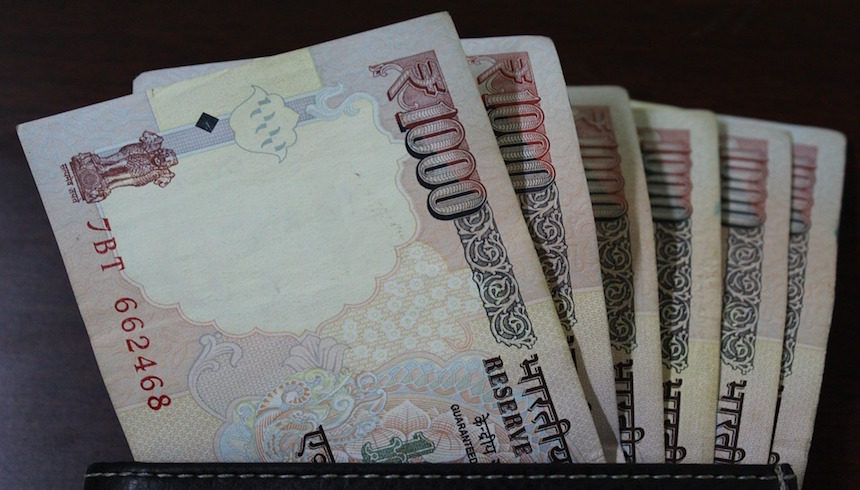‘Political will is missing to curb the black money issue’ – Porus Kaka, Senior Advocate, President, International Fiscal Association
Introduction:
Money that is unaccounted and has not suffered tax is known as black money.
(i) domestic and;
(ii) foreign.
Black Money is a parallel economy that represents a segment that is not legal.
There are various sources through which black money can be created.
Some of them are:
(a) Income-tax evasion,
(b) Corporation tax evasion,
(c) Excise duty evasion,
(d) Customs duty evasion,
(e) Bribes, illegal commissions etc.
In fact, stock markets, real estate, liquor, gold and even sports allows you to generate black money. According to a study in 2006-07, the amount of black money generated in India is Rs. 10,50,000 crores.
Black Money stands as an issue to the legal system of the country as it affects the economy in a huge manner. Black money gives false information about the economy, it is generated by evasion of taxes which is a huge loss to the government ex chequer. Black money is one of the major reasons why rich people in India become richer and poor become poorer. We have been missing out on 5% of the growth since 1970s due to black money.
Undisclosed Foreign Income and Assets (Imposition of Tax) Act, 2015:
This is the reason why, PM Narendra Modi had repeatedly promised during the elections that he would bring back black money to the country. In pursuance of this, Lok Sabha passed the Undisclosed Foreign Income and Assets (Imposition of Tax) Bill, 2015 on May 11. The opposition coaxed that the bill should be referred to a Parliamentary Committee for scrutinisation as it went beyond taxation proposals. This was, however denied referring it as a bill coming under the category of ‘money bill.’ Therefore, it is now an Act.
The Act provides for a host of situations. Some of them are: (a) stringent measures including property confiscation against violation. (b) It provides for 10 years of rigorous imprisonment in case of tax evasion and 300 percent of taxes on concealed income and assets. (c) Concealment of income pertaining to foreign assets is charged with penalty three times the amount of tax over and above the flat rate. (d) Failure to file returns is also punished etc.
Loopholes:
However, the reason why the Act has majorly fallen short of unravelling the issue of black money is because, firstly, it does not address domestic black money which is actually much bigger in number and a larger problem.
Secondly, the Act only prescribes punishment but does not lay down the procedure to bring back black money.
Thirdly, Double Taxation Avoidance Agreement issue is not addressed which comes in the way of detecting black money and;
Lastly, there is no way to retrieve information of defaulters having agreement with foreign governments. These are just some of the major problems. There are various other loopholes in the Act.
Therefore, it does not come as a surprise that the first scheme under the Act to bring back the black money with a deadline of September, 2015 has fallen flat. A dismaying amount of Rs. 3,550 crore was disclosed. In 1997, Finance Minister, P. Chidambaram got declarations of around Rs.33,000 crores under an amnesty scheme that he had passed. These figures show what a major disappointment the present scheme was for a government that promised a truckload about the return of black money.
Conclusion:
In order to clear this menace, the loopholes in the present provisions need to be removed and the laws passed need to be implemented effectively, Also, I feel that the amnesty scheme works much better than the penalty scheme as Arun Jaitley’s scheme is an example of how strident measures alone will not do the trick. Black money is involved in every field including the politicians and amnesty scheme would help tap larger amounts of money than just stringent measures in the form of penalty and imprisonments.
Black money has spread to every sector of the economy, therefore, there is a need for a global structure that tackles with the subject of black money. It is in pursuance of this that India is forming alliances with countries like Germany, Singapore and Switzerland to collectively work against the black economy. Also, the money recovered now should be used for real financial inclusions. This would set apart the present government from the others at least in the manner of utilisation of recovered money.
Picture Courtesy: Pixabay








There's 1 Comment